10 Tips for Sustainable Travel
Sustainability must be the focus of the future of travel. As the world population grows and the map continues to get smaller, tourism will only increase, putting more and more pressure on the dwindling resources and historical sites of the world. I saw this first hand on my recent trip to Myanmar, where hotels were sold out months before travel dates and businessmen and women from around the globe {especially China} were boarding the same flights as I, eager to take advantage of every opportunity in this country so new to recent tourism.
According to the World Tourism Organization, ecotourism is the fastest growing market in the industry. Following some tips for sustainable travel doesn’t take a lot of effort for most of us. Travel is a time for us to do what we love, whether having a relaxing getaway or taking part in the global marketplace, but it is indeed important to travel responsibly. Here are 10 tips to try and put into regular practice.
1. Do your homework. Study some history before you hit the road.
I’m one that spends hours pouring over information before I go somewhere new. Travel books and magazines make up my night time reading. I find if I haven’t done any research beforehand, my eyes quickly start to glaze over when I’m getting bombarded with information. You’ll have a much richer experience and know what sites you really want to see if you have a context with which to filter information. Documentaries, You Tube and travel sites-I’m touting TRAVEL BLOGS here-are all great spots to get some first hand experiential information. Another great read is cookbooks of your intended destination. When I got ahold of Naomi Duguid’s Burma-Rivers of Flavor, it wasn’t long before I was inspired enough to book a ticket. Filled with mouthwatering recipes, fantastic photos and local history, it was definitely my kind of research!
2. Stay in hotels that work toward responsible, sustainable business practices.
In this category , it’s most important to be careful of green washing. Just because a hotel says it’s eco friendly, doesn’t mean its doing anything more than recycling kitchen scraps. Certification from one of the many organizations will get you started in the right direction. LEED, Green Key Global, Green Global Certification, Energy Star, Green Seal and Luxury Eco Certification Standard are all reliable sources. The Inle Princess Resort {shown at top} was socially responsible and sustainable from head to toe. World wide, eco-resorts, boutique hotels and luxury hotels are finding new and inventive ways to keep it local and give back to the community all the while capturing an authentic sense of place. At all price points there are accomodations doing positive sustainable work. We just need to look a little deeper when researching and making travel plans.
3. Research indigenous crafts and support keeping the tradition alive.
One of the things I hear again and again from elderly crafts people is that their children are not interested in learning the craft that has been handed down from generation to generation. Artisans are a link between the past and the future. If we value their talent and pay a fair trade price for their work, it becomes easier for the next generation to perhaps follow in their footsteps. Keep that in mind when you are trying to bargain away an extra dollar in the market. Learning about their indigenous craft helps to keep it alive. Above-traditional weavers outside Hyderabad, India making impossibly long cloth.
4. Visit markets where the locals go.
Markets geared for the tourists pop up in cities around the world. Try and find out where the residents shop. Frequent flea markets, where you can often find unknown artists and craftspeople. You’ll get an inside look at the locals and a peek into the culture. If you’re staying in an apartment, shopping at the market and cooking local ingredients can save you money and give you the opportunity to learn more about the culture. I found some real treasures searching through an artist’s stall in Yangon.
5. Try a staycation and enjoy your hometown.
Exploring close to home can greatly impact your carbon footprint. We’re often so worried about the exotic destination, that we can overlook the wonderful things our own locale has to offer. After all, we did choose to live here, right? I had just such an experience when I worked with AFAR Media to curate their Boston Destination Page as the local expert. Looking at my wanderlist for A Perfect Day in Boston might give you some new ideas for your own hometown.
6. Support Organic and Sustainable
Farm to Table is the new black. It’s possible to find restaurants that support this concept just about anywhere. Look for businesses that use organic and sustainable methods. Businesses that promote sustainable farming or fair trade products are the ones that should get your dollars. These are the leaders trying to support a sustainable economy. Try eating Meatless on Monday. Speak with your wallet, it has the power to make positive change. I’ve had more than a few pleasant surprises trying the local wine. The banana leaf salad below was made from just picked ingredients in the organic farm on the property of Inle Princess Resort.
7. Support Non Profits with a Travel Perspective.
There are many charities that can benefit from your travel. Pack for a Purpose is one of my favorites. The group is dedicated to helping travelers make an impact in the communities they visit. Finding out the specific needs of a community and encouraging visitors to pack these items is their goal. Make room by leaving an extra pair of shoes at home and tuck 4 deflated soccer balls or 400 pencils into you suitcase. Plus, you get the added benefit of additional space to put those local crafts you are now sure to buy!
8. Buy carbon offset
As a way of making up for the environmental impact of your travels, you can purchase carbon offset when you book your tickets. The money is put toward advancing environmental protection. Most airline sites will allow you to do it when you buy your ticket. You can look for the Green-e-Climate certified logo on offset programs in the voluntary market.
9. Learn a few key phrases before you go and smile.
You are an ambassador for your country. Learning a few key phrases and smiling thru as you butcher “Mi soon persa. Potresti aiutarmi? the first time you try to it in public will be greatly appreciated by the locals. Your behavior leaves a lasting impression. I was in a small village in Gujarat, India many years ago. Lingering to get the last picture and make sure I didn’t miss anything, the rest of my group got ahead of me. Suddenly I found myself being pulled by a male elder away from the group. He was adamant and I was terrified. It turns out he wanted to show me the shiny brand new tractor under a tarp the village had just purchased. He was proud and wanted his picture taken in front of it. I was seconds away from a scream. That encounter changed something in me when I travel, and opened my eyes to make a connection with people even when I’m out of my comfort zone.
10. Incorporate travel into your family life.
It doesn’t have to be exotic, but sharing travel with your children can open their eyes to the world. We see horrific examples everyday of the fear some people have of education. Why? Because it will change the world, and they don’t want to change. The next generation will have plenty to deal with, and learning the importance of sustainable travel early on will leave a lasting impression. It certainly did on me!
“Let every individual and institution now think and act as a responsible trustee of Earth, seeking choices in ecology, economics and ethics that will provide a sustainable future, eliminate pollution, poverty and violence, awaken the wonder of life and foster peaceful progress in the human adventure.”
— John McConnell, founder of International Earth Day




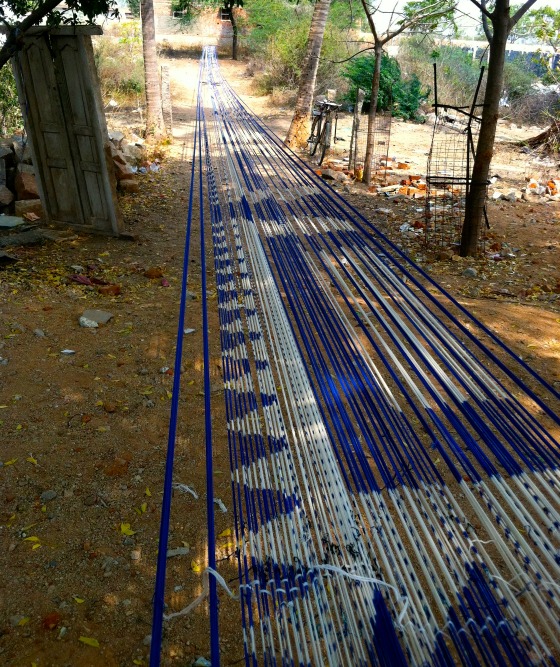


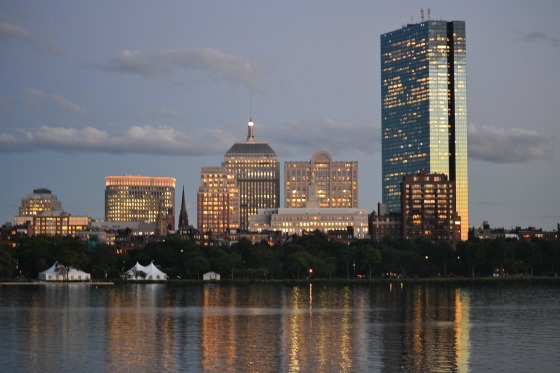
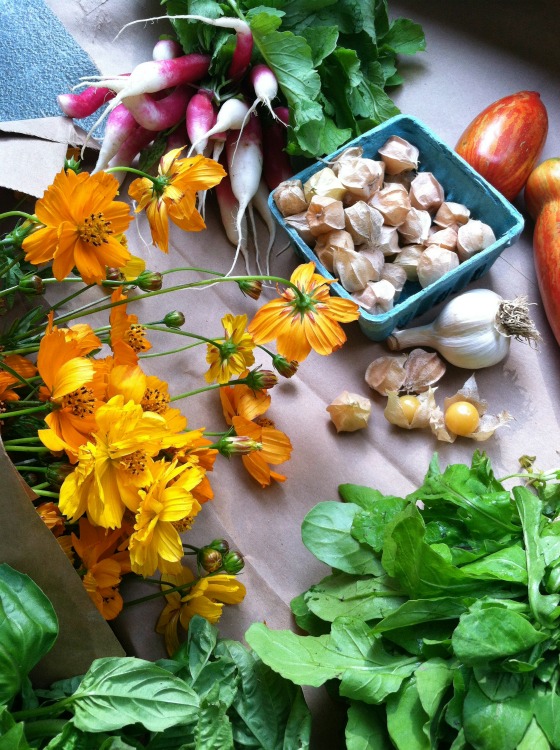

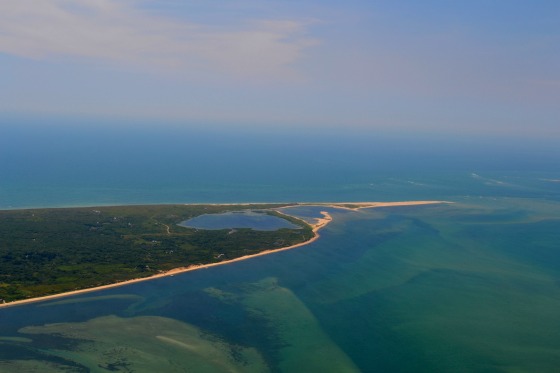
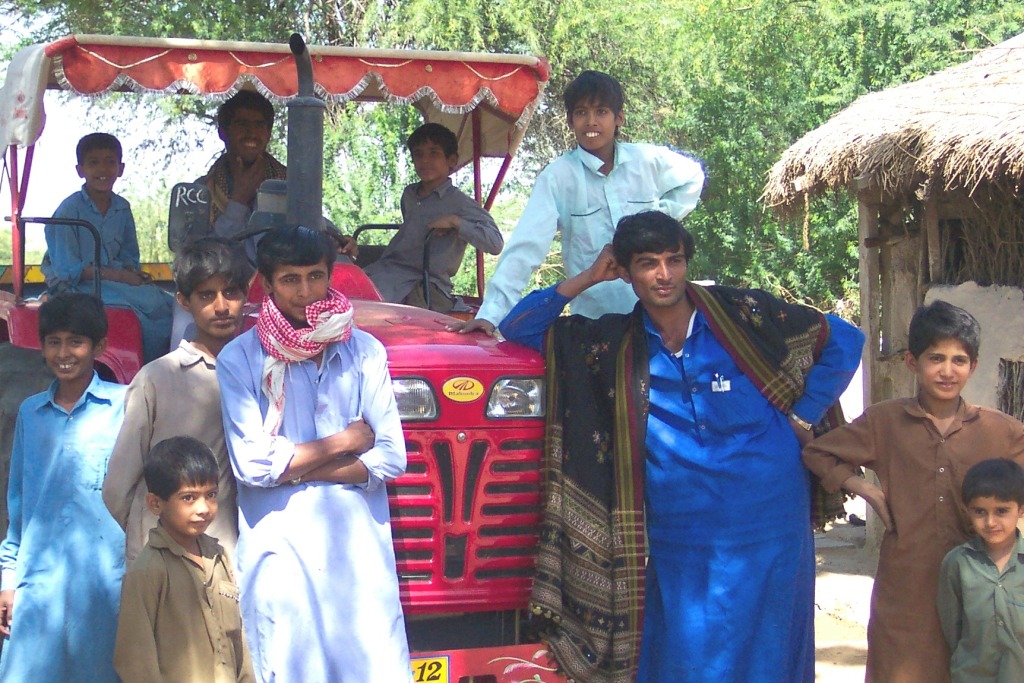
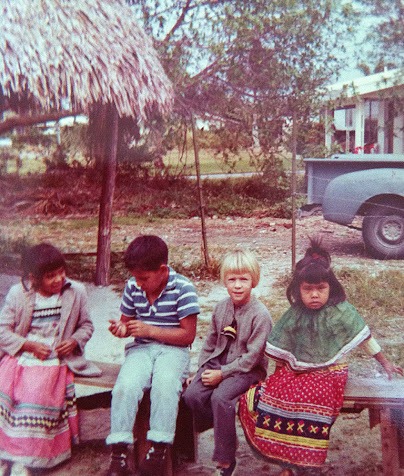


































Great tips!
We tried the staycation thing one year and had a great time. It’s so easy not to do things on your doorstep sometimes because you know it’s always there for you, but to dedicate time to really explore your own patch can be very rewarding indeed, we found.
I must admit, a staycation wouldn’t satisfy me all the time, but I do love exploring the city and make an effort to do it on a regular basis. I’ve still got a few new neighborhoods to get to know.
All excellent points and we can all play our part – together it will add up. Travelife Awards are another good certifcation to look out for and the Rainforest Alliance has a great travel wesbite SustainableTrip.org. ResponsibleTravel.com is also worth checking out.
Super article, packed with pertinent points that we should all hold in our mindfulness.
I love the idea of reading up on recipes and food before heading to a new destination, that is a great way to appreciate some of the nature and culture of the people.
In a book I read last year, the main point is that we are all caretakers of the earth, while we are here.
Jackie-i’ll be making sure to read up on Spain before I use all the tips you have shared in my travels!
HI Allison
What an excellent post and so comprehensive and detailed. I think it is important in developing countries to support those businesses and artists that do eco focused endeavors instead of a fast growth and no care about any environmental consequences…great job!
I realize we are all interested in different things when we travel. By trying to keep your dollars local, you can support any business to make it more sustainable.
Thanks Noel, I appreciated the support.
Excellent tips here on where the future of travel is heading! I think its natural that developing countries are using ecotourism as a marketing niche to attract visitors because not only is this great for the environment and provide sustainable business practices for them, it also encourages other corporations to invest as they see openings to enhance their reputation.
Very thorough list you have put together here and I think many of us would do well to follow these principles.
Thanks Chris. A little effort will go a long way.
These are all great tips. I like the ‘staycation’ one a lot – I’m often surprised by how much great stuff there is to do around my hometown! You’re right, sustainability is so important to think about.
(By the way, love your comment submission form!)
fantastic tips! We personally love going to local markets rather than ‘touristy’ ones as you get a glimpse of real local life. And you’re giving back to the local community.
I love this because a big focus of mine has been traveling sustainably. GREAT tips. I love staying in places with sustainable business practices, supporting local artists, and eating organic and local ingredients (it’s always better anyway!) I think responsible travel should be a big focus to anyone who travels because as tourism grows rapidly, it’s important that were supporting the right people.
Lovely article, thanks so much for writing. So many travelers are unmindful of the impact (positive or negative) that they can have on the destinations they visit, and this is a great, practical reminder. I myself am a huge fan of watching documentaries on locations I’m visiting and (especially since I blog about language and travel) learning at least some functional phrases in the local language.
But I’m curious about something: on tip #8 you recommend buying carbon offset, but I’ve always been a bit skeptical. Do you think that airlines are sincerely using this extra money to do anything towards environmental protection, or might it just be a loophole-filled hoax (the equivalent of your ‘sustainable hotels’ that do nothing more than recycle scraps of food)?
I hear you Jakob and it’s a good question about the carbon offset. Most appear to have third party verification, but it would make for an interesting investigation. Thanks for the idea!
Thank you so much for this post, Alison!!! With travel being more accessible to the masses, we need to be careful how we behave and whose businesses we are supporting.
I can’t agree enough with #s 1, 3, 6, and 9. You should make the effort to learn a little bit about a country, its culture, and language before you set foot on their soil. You are their guest, it’s the least you can do.
Indigenous peoples are quickly disappearing, and supporting their artisan crafts can help them sustain their families in a major way. In terms of food and goods- always stay local. Not only does it support the local economy, it also reduces the carbon footprint.
My only qualm is #4. This is a practice I do myself, but we must also think about promoting this from the natives’ perspective. When a drove of tourists start taking over their local markets, it not only will make them uncomfortable, but prices will rise.
Cristina-Thanks for your thoughtful comments. It is an interesting point you bring up about the market. I think immediately of the one’s I have visited that have become nothing more than tourists traps now. Not sure what the answer is, but it deserves some thought.
Wonderful! I’m all about sustainable travel 🙂 Also, cute website!
Great ideas! And here is also an easy way to care about our planet while traveling! For every booking that originates on bedandtree.com, one tree is being planted – without any charge to the user. Cooperation partners include the world’s largest booking platforms, such as Booking, Skyscanner, Expedia, TripAdvisor etc, hence you can plant trees when booking hotels, flights, cruises, rental cars etc.
It doesn’t cost you a single Cent, just one click of your mouse:)